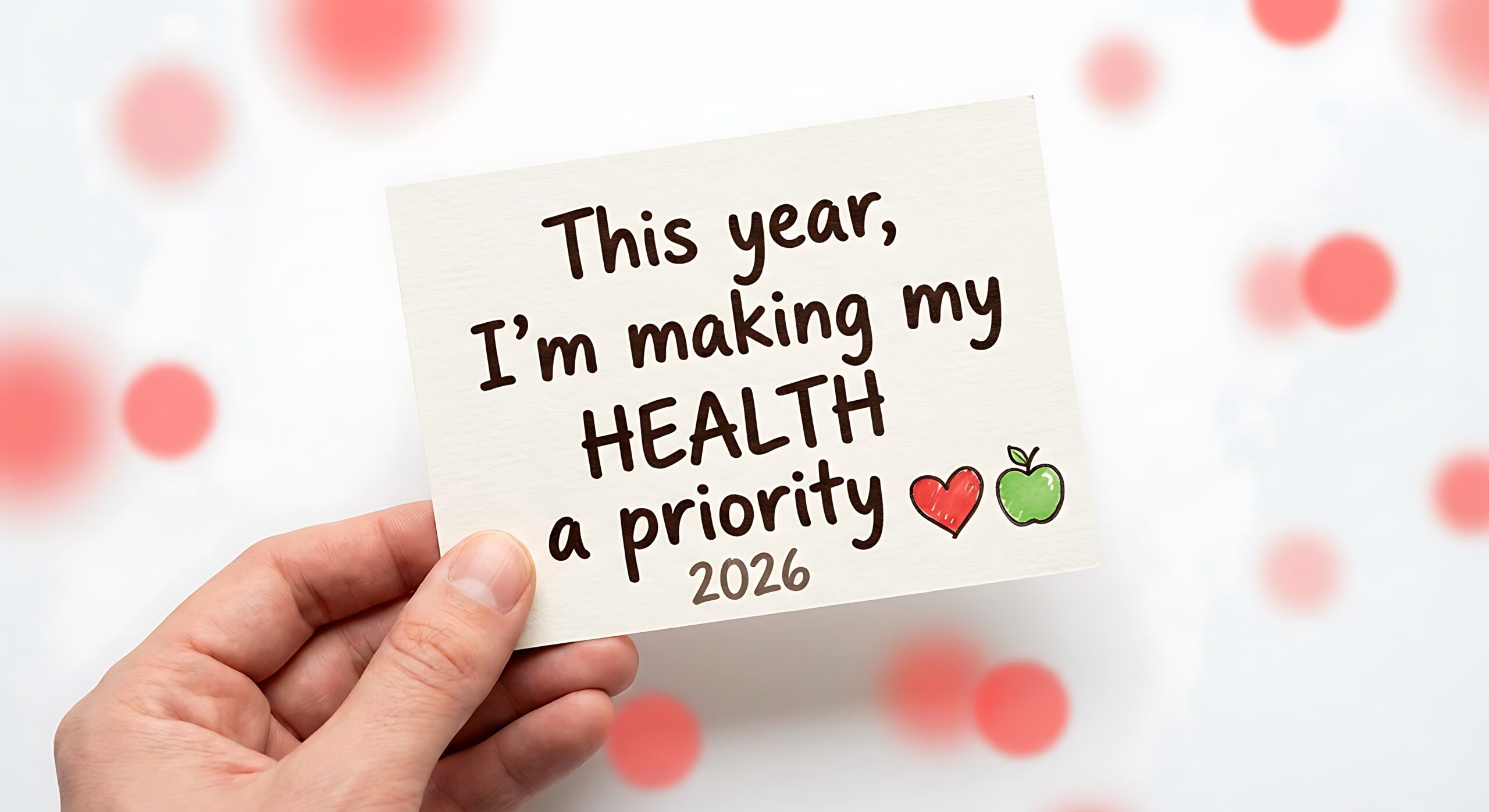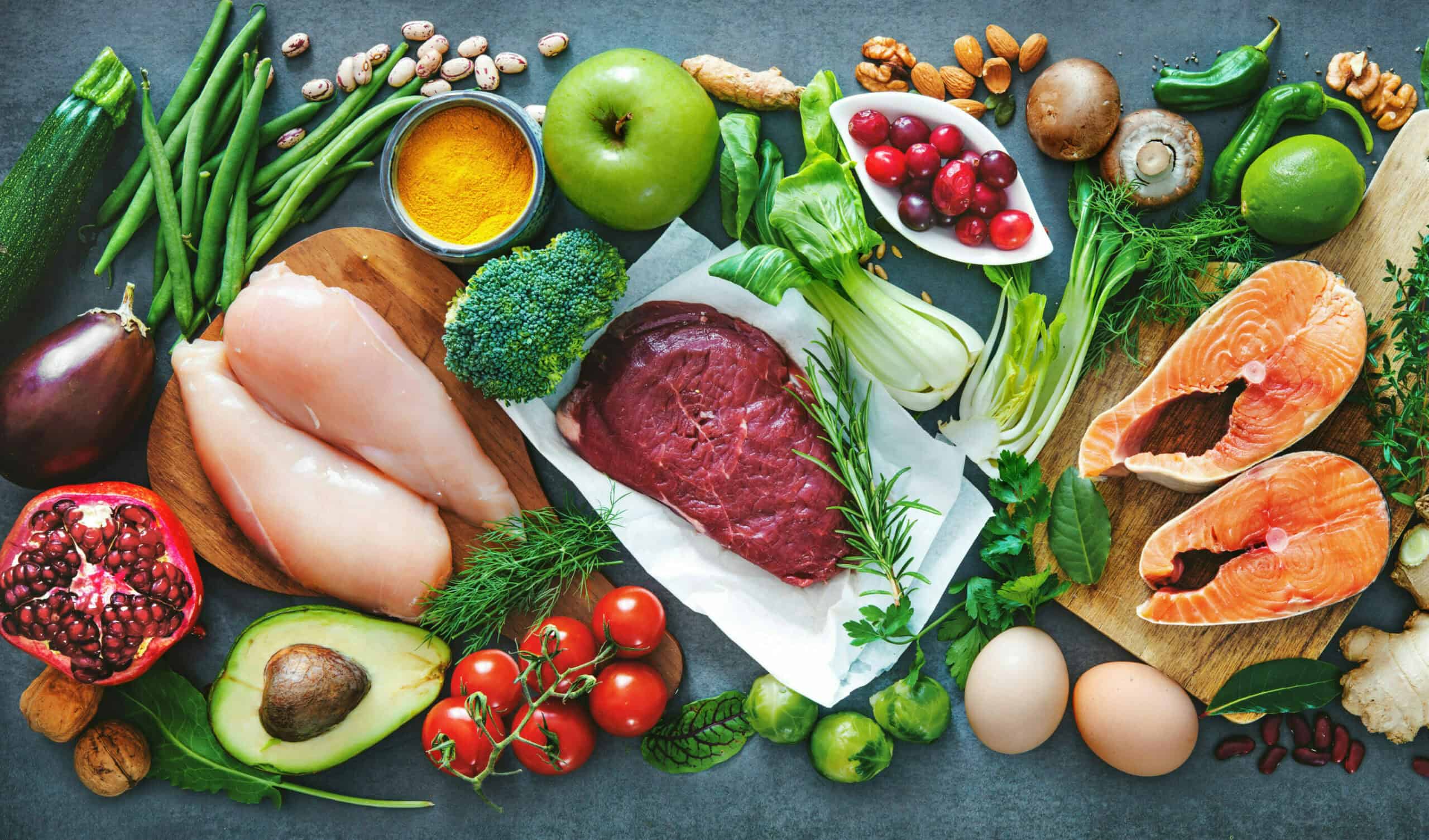A new term was added to the Urban Dictionary recently, Covid 15. The Urban Dictionary defines Covid 15 as nervously binge eating your Covid-19 stockpile. It could have also played out in real life as the additional pounds and inches added from bags of salty potato chips, spoons of ice cream from the carton, generous pours of wine after (maybe even before) dinner. Turning to food even when you are not hungry- emotional eating.
Emotional hunger can appear an instant with an overwhelming sense of urgency for highly palatable foods. Emotional eating often leads to mindless eating that is not satisfied once you are physically full. Eating emotionally can elicit feelings of guilt, powerlessness, and shame. This shame spiral may trigger chronic emotional eating. Studies have shown chronic states of stress increases the release of cortisol. Chronically high cortisol levels can increase food intake and central obesity. Central obesity, also known as belly fat, is associated with increased risk of cardiovascular disease, diabetes, sleep apnea, colorectal cancer, and dementia.
Emotional eating can be used to distract, numb, comfort, reward, soothe, avoid, entertain, or deal with feelings of sadness, anger, loneliness, anger, and shame. Food can evoke childhood memories of love and comfort. Social situations can lead to overeating and excess consumption of alcohol to quell nerves.
If you suspect you are emotional eating, pause and ask yourself the following questions
- Am I physically hungry?
- What triggered the urge?
- What am I feeling?
- What do I need?
Give yourself five minutes to see if the urge subsides while considering these questions. It could be helpful to jot down the answers in a journal along with the time, environment, and food you were craving or consumed. You may begin to see a pattern emerge. This can help you find a healthier way to feed your emotions.
How can you feed your emotions without food?
Pause. Check in with your feelings. Accept your feelings and allow yourself to feel them. Express your emotions. Let yourself scream, cry, draw, write.
Eat mindfully. Choose nutritionally dense foods. Make sure you are getting enough protein, healthy fats, fiber rich carbohydrates, and water. Avoid distractions while you are eating. Slow down and savor your food. Chew your food 20-30 times each bite. Stop when you are full and satisfied.
Meet Your Basic Needs. Aim for at least 7 hours of quality sleep. Be physically active. Cultivate healthy relationships. Find ways to be fulfilled creatively and emotionally.
Find a Distraction. Call or text a friend. Go for a walk. Practice intentional exercise. Meditate. Read a book or magazine. Clean. Do a puzzle. Play a game. Take a nap. Stream your favorite show. Listen to a podcast.
Feel Nurtured. Practice self-care. Write a gratitude list. Do something that fuels your soul and body.
Ask For Help. Call or text a friend or family member. Seek professional help when need from a therapist or registered dietitian.
The lifestyle changes included in LEAN can help break conditioned stimuli with fasting. An intentional plan of eating may break the association of foods with anything else but nourishment for our mind and bodies.



